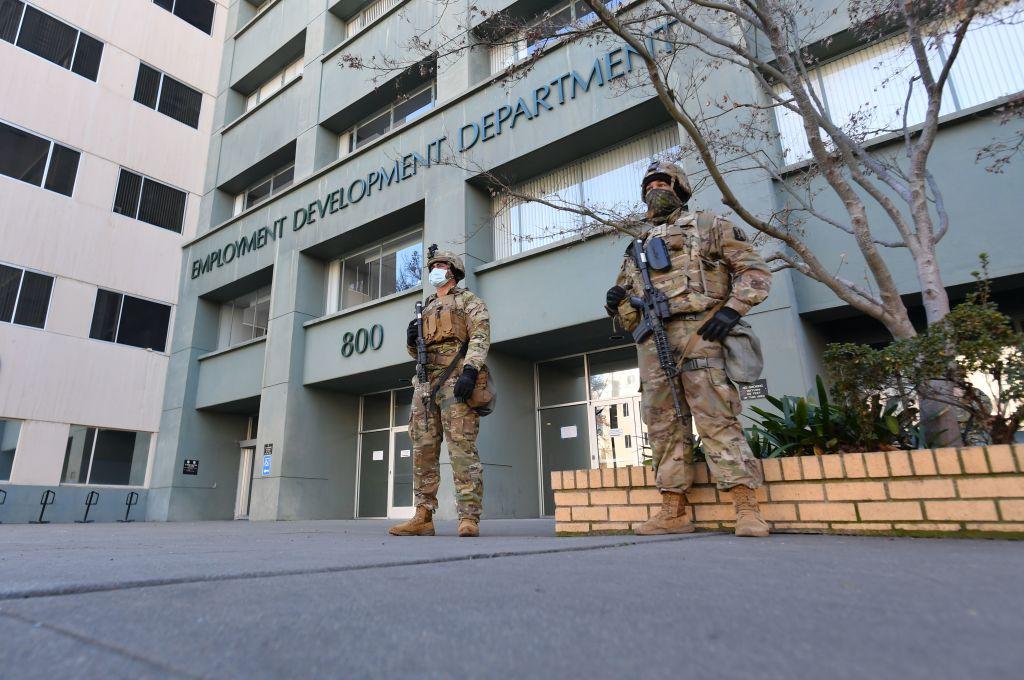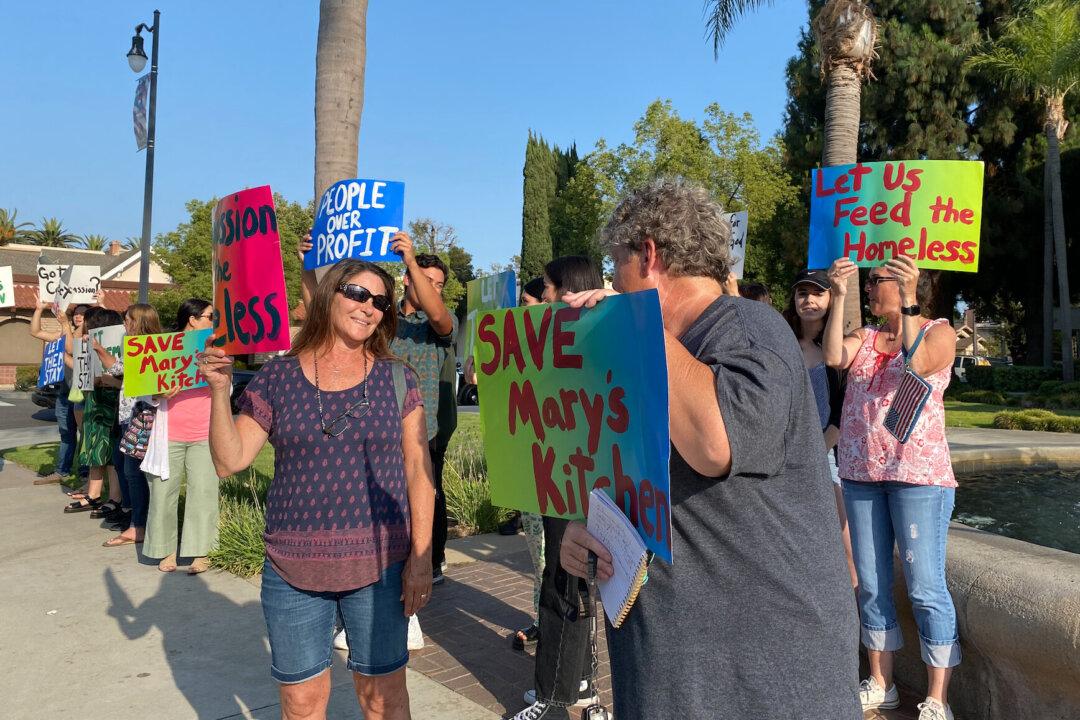California legislators warn that unsuspecting state residents will be further burdened by fraudulent unemployment claims if Gov. Gavin Newsom doesn’t intervene to fix problems at the state’s Employment Development Department (EDD).
The EDD has already paid $10.4 billion in benefits to claimants whose identities haven’t been verified, according to a Jan. 28 report from the state auditor. As a result, a number of victims of identity fraud might be held responsible for paying taxes on benefits they never received.





